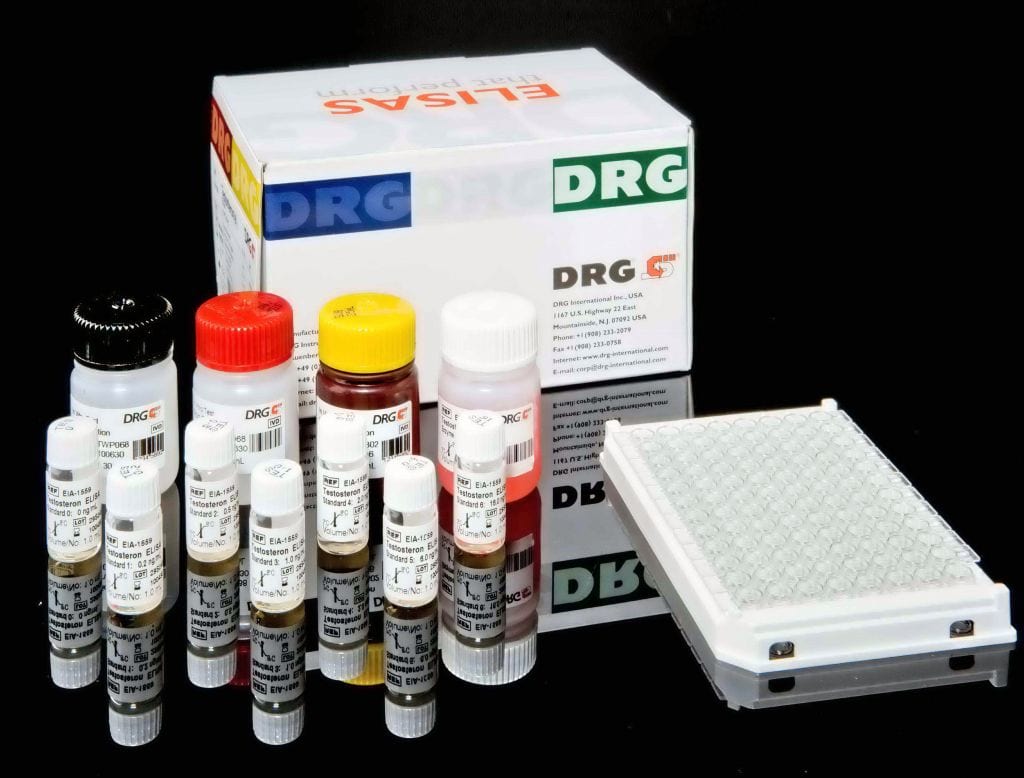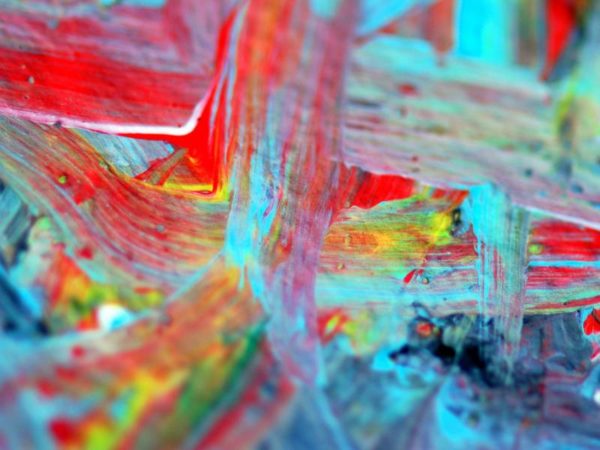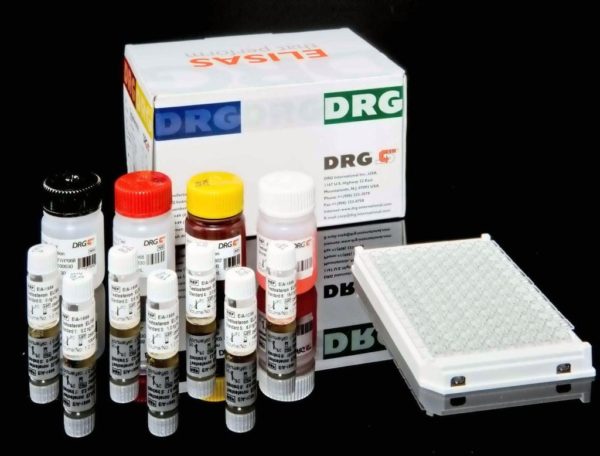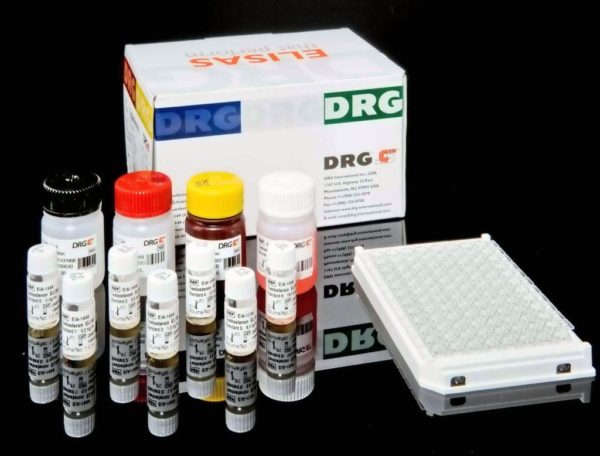Description
An enzyme immunoassay for the quantitative measurement of CA 72_4 (TAG-72) in serum and plasma.
CA72_4 (Cancer antigen 72-4) was originally described as an antigenic determinant recognized by B 72.3, a murine monoclonal antibody raised against a membrane extract of mammary carcinoma metastases (1). CA72_4 was identified as a 1 MDa mucine-like Glycoprotein complex termed TAG-72 (tumor associated antigen 72) (2). The molecular weight of the TAG-72 protein is 48 kD. Elevated CA72_4 levels in serum and plasma have been reported in various malignant diseases including carcinomas of pancreas, stomach, gall, colon, breast, ovaries, cervix and endometrium (3). The highest diagnostic sensitivities are found for carcinomas of the gastrointestinal tract and ovaries. Although some benign diseases such as rheumatic diseases or ovary cysts may also result in elevated levels of CA72_4, clinical studies demonstrated diagnostic specificities of more than 95% for gastrointestinal and ovarian malignancies (4). There is a good correlation between CA72_4 levels and tumor stage and size (3). CA72_4 is the marker of choice for the therapeutic
monitoring and follow-up care of gastrointestinal cancer patients. Suitable second markers are CA 19-9 or CEA. Additionally, CA72_4 has been used as an independent marker for the therapeutic monitoring and follow-up care of ovarian cancer patients, in particular in CA 125 negative patients (3, 5).
The DRG TM_CA72_4 ELISA Kit is a solid phase enzyme-linked immunosorbent assay (ELISA) based on the sandwich principle. The microtiter wells are coated with a monoclonal mouse antibody (Clone CC49) directed towards a unique antigenic site on a CA72_4 molecule. An aliquot of patient sample containing endogenous CA72_4 is incubated in the coated well with enzyme conjugate, which is an anti-CA72_4 antibody (CloneB72.3) conjugated with horseradish peroxidase. After incubation the unbound conjugate is washed off. The amount of bound peroxidase is proportional to the concentration of CA72_4 in the sample. Having added the substrate solution, the intensity
of colour developed is proportional to the concentration of CA72_4 in the patient sample.




